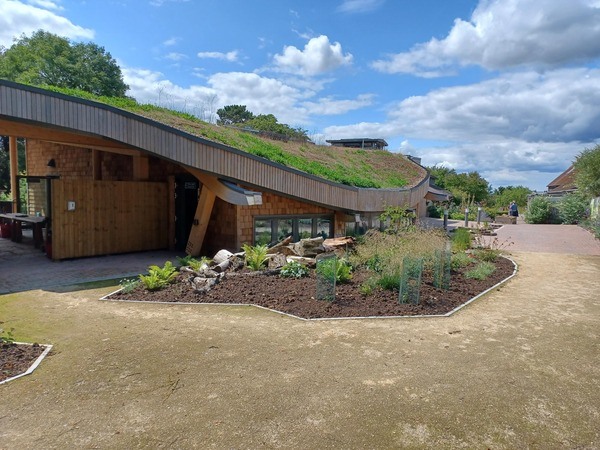
THE PROJECT
The famous Victoria neo-gothic building which was designed as a Cathedral to scientific study, holds Oxford University’s internationally significant collections of geological and zoological specimens. We carried out the re-roofing of the Grade I-listed building, stripping and cleaning 8,500 diamond shaped glass panes before putting them back into the museums vaulted roof. Internal timber and metalwork also underwent conservation cleaning. The works were carried out in two phases.
Neil Hyatt, Oxford University Estates Services
£1.8M
CONTRACT VALUE
66 WEEKS
CONTRACT DURATION
Customer
Oxford University
Estates Services
Architect
Purcell
Quantity Surveyor
Turner & Townsend
Form of Contract
JCT design & build
Oxford Preservation Trust’s Building Conservation Award

CHALLENGES
Work was carried out in a live, occupied building. Protecting the existing building fabric, furnishings, artefacts and displays from damage. Maintaining weather tightness and gaining access to the roofs.

SOLUTIONS
Extensive protection works were carried out to safeguard the buildings fabric and precious contents. Many of the glass display cases and some of the larger dinosaurs and other skeletons remained in situ during the refurbishment works. These were protected by purpose built plywood boxes. The fragile floor was protected with a geotextile membrane and two layers of plywood. The project team used made-to-measure tarpaulins to keep the rain out of the building while the glass tiles were removed.
Scaffolding was erected both internally and externally to carry out the refurbishment works. This was specially designed to fit within the structure and minimise the loadings on the fragile floor as well as providing safe access to carry out the roofing and conservation cleaning work. The scaffold was also constructed to provide a secondary method of protection from water ingress. During opening hours no materials were moved in and out of the works area and movement of personnel was carefully controlled.














